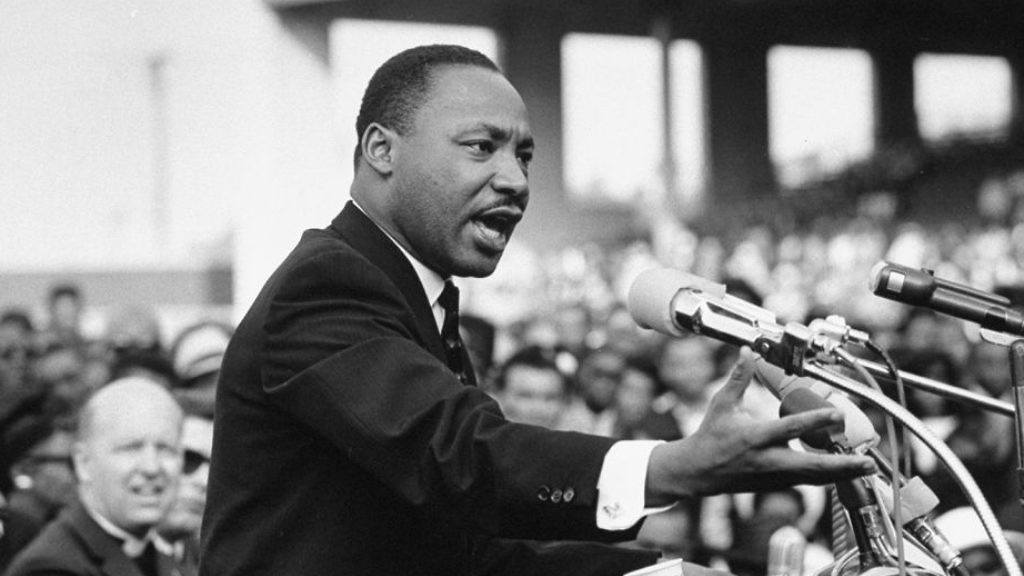Dave Brubeck at 100
Sunday marks the 100th anniversary of the birth of the American jazz pianist and composer, Dave Brubeck (1920-2012). Born in Concord, California, Brubeck grew up on his father’s cattle ranch in the foothills of the Sierra Nevada mountains. He served in Patton’s Army during the Second World War, forming and leading one of the armed forces’ first racially integrated bands. Following the war, Brubeck studied composition at Mills College with the French composer, Darius …







